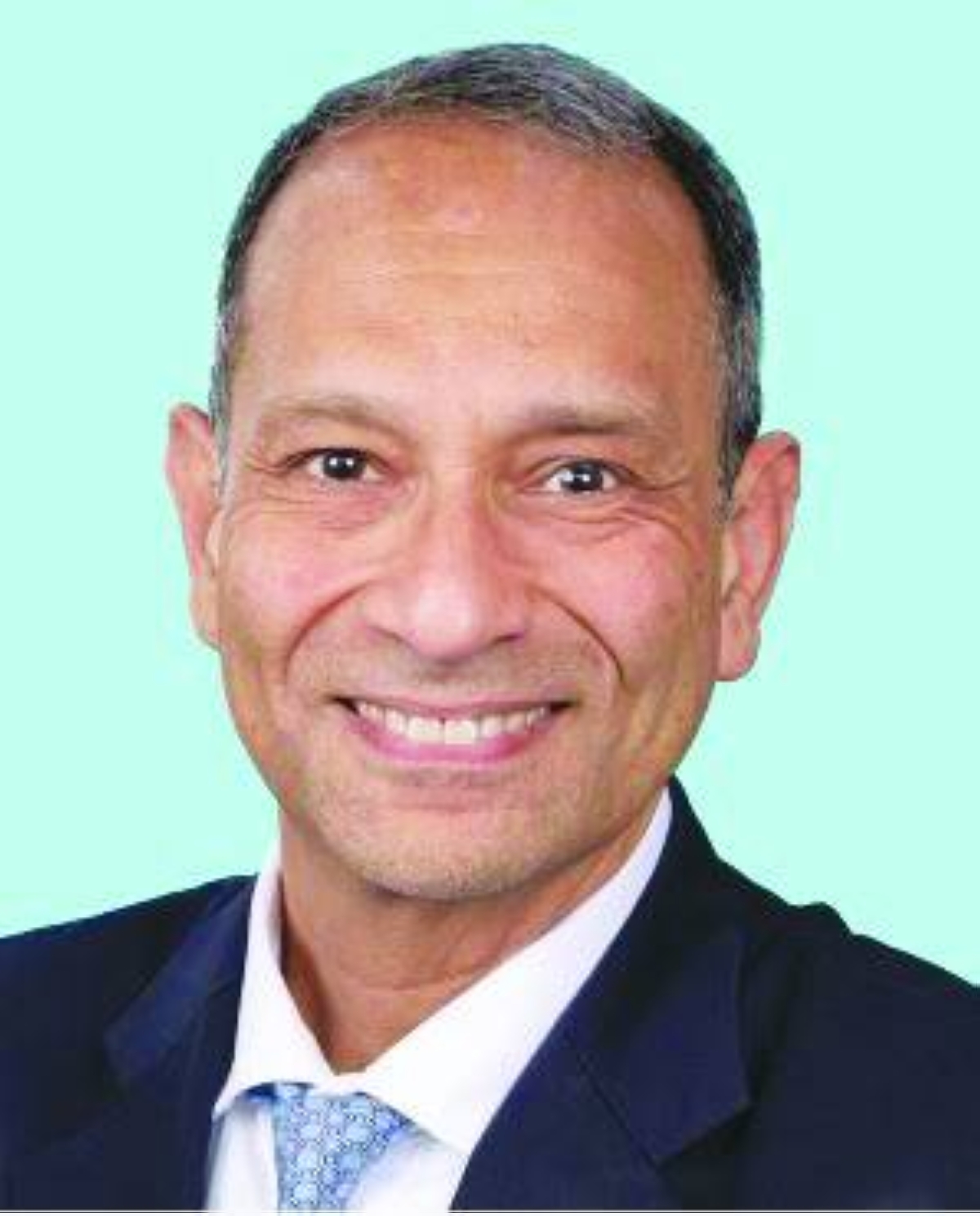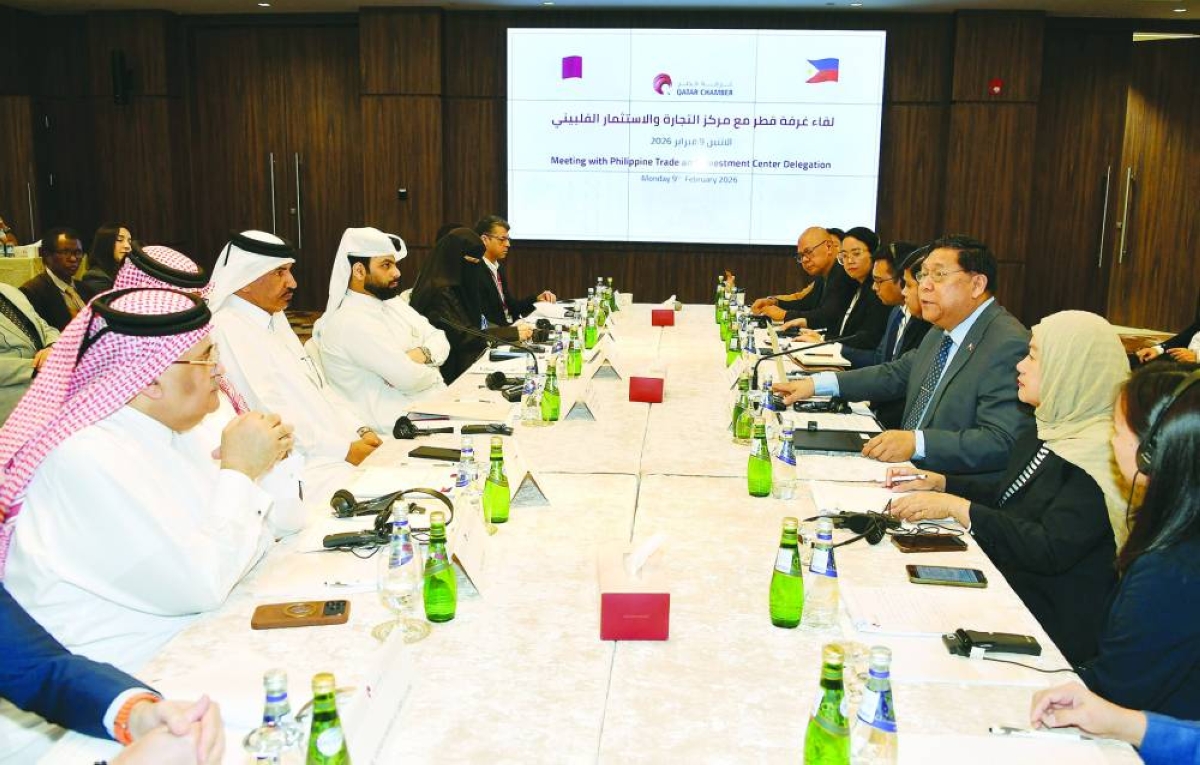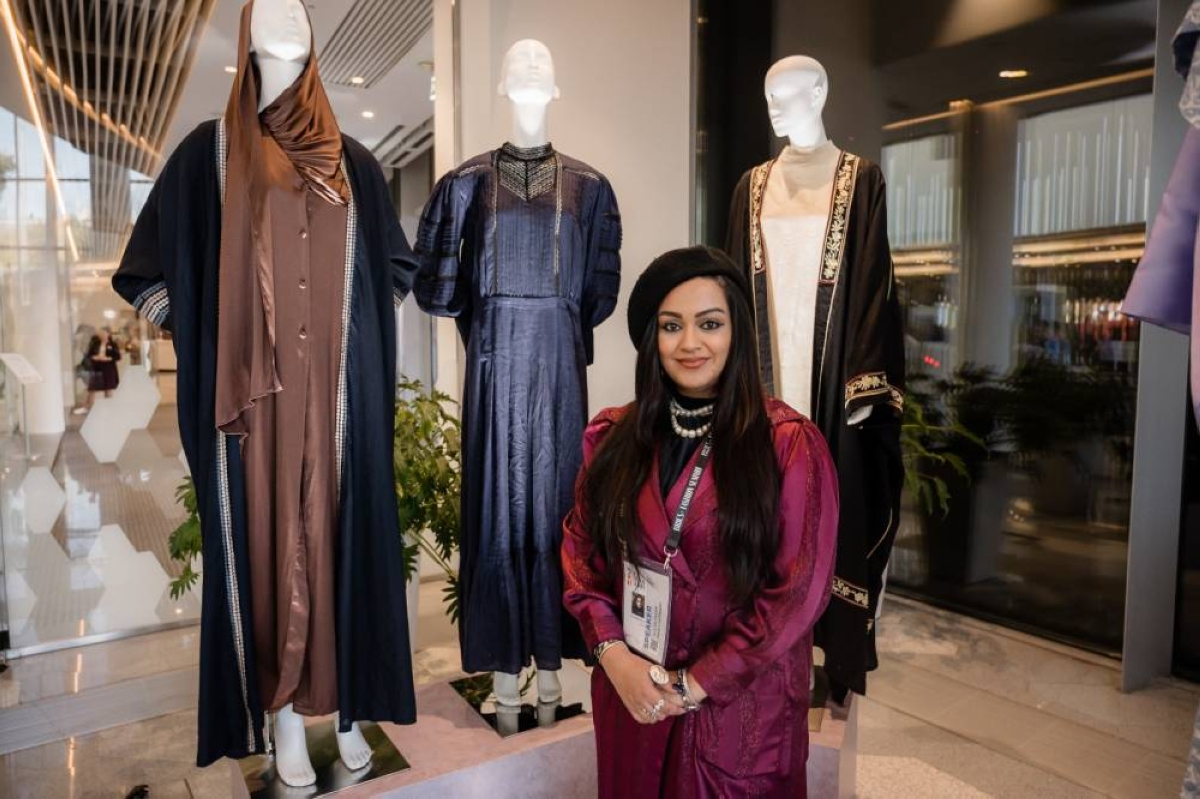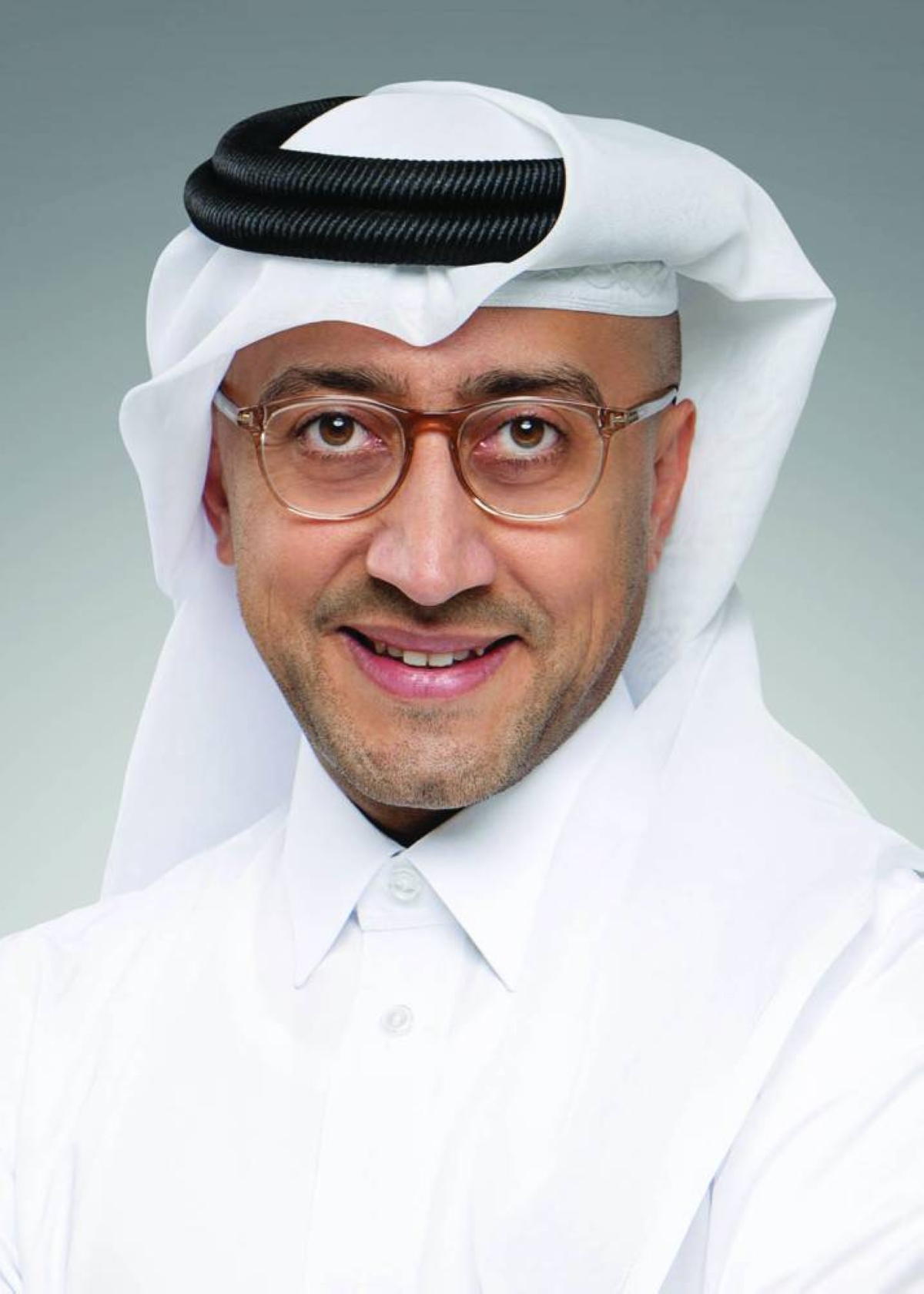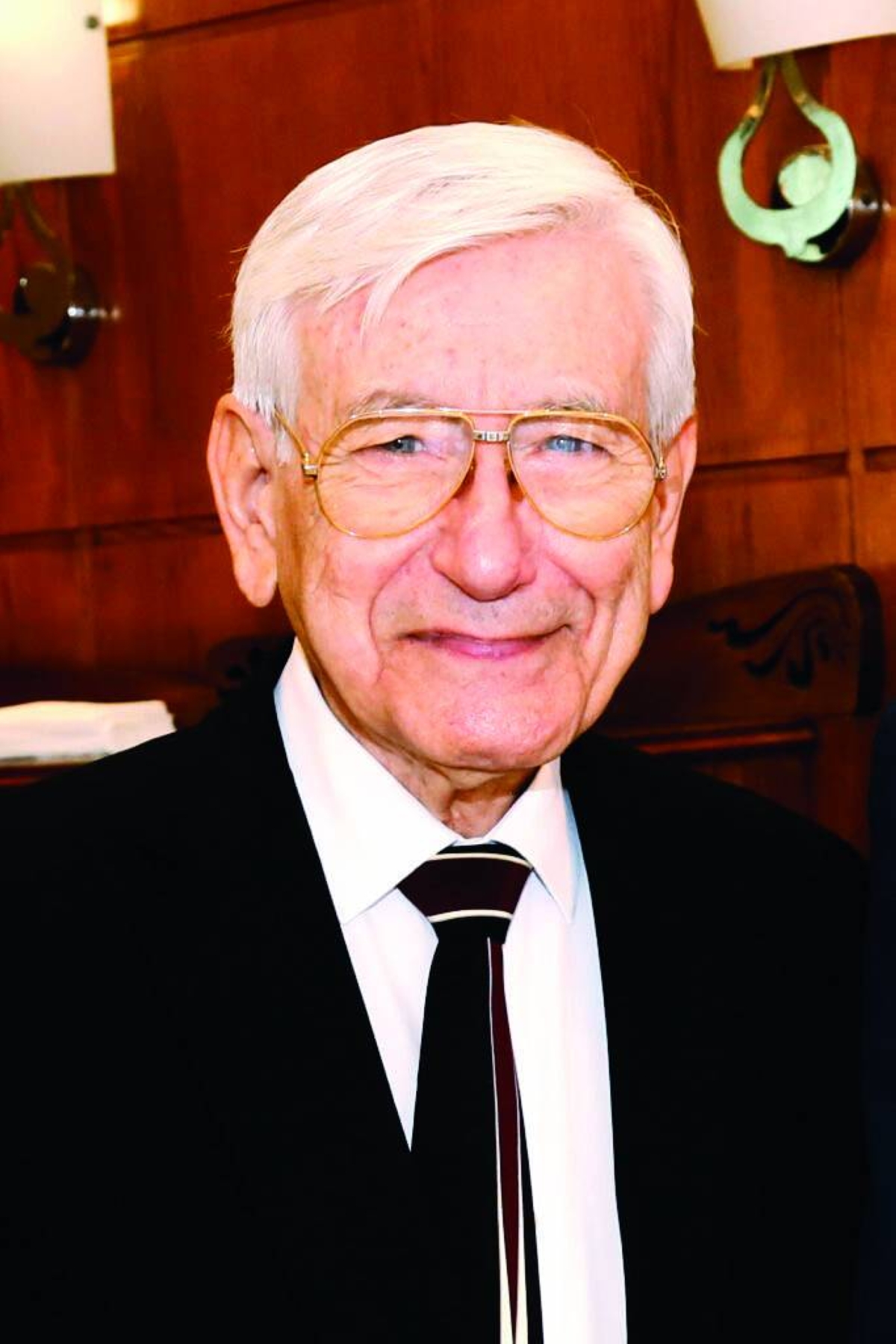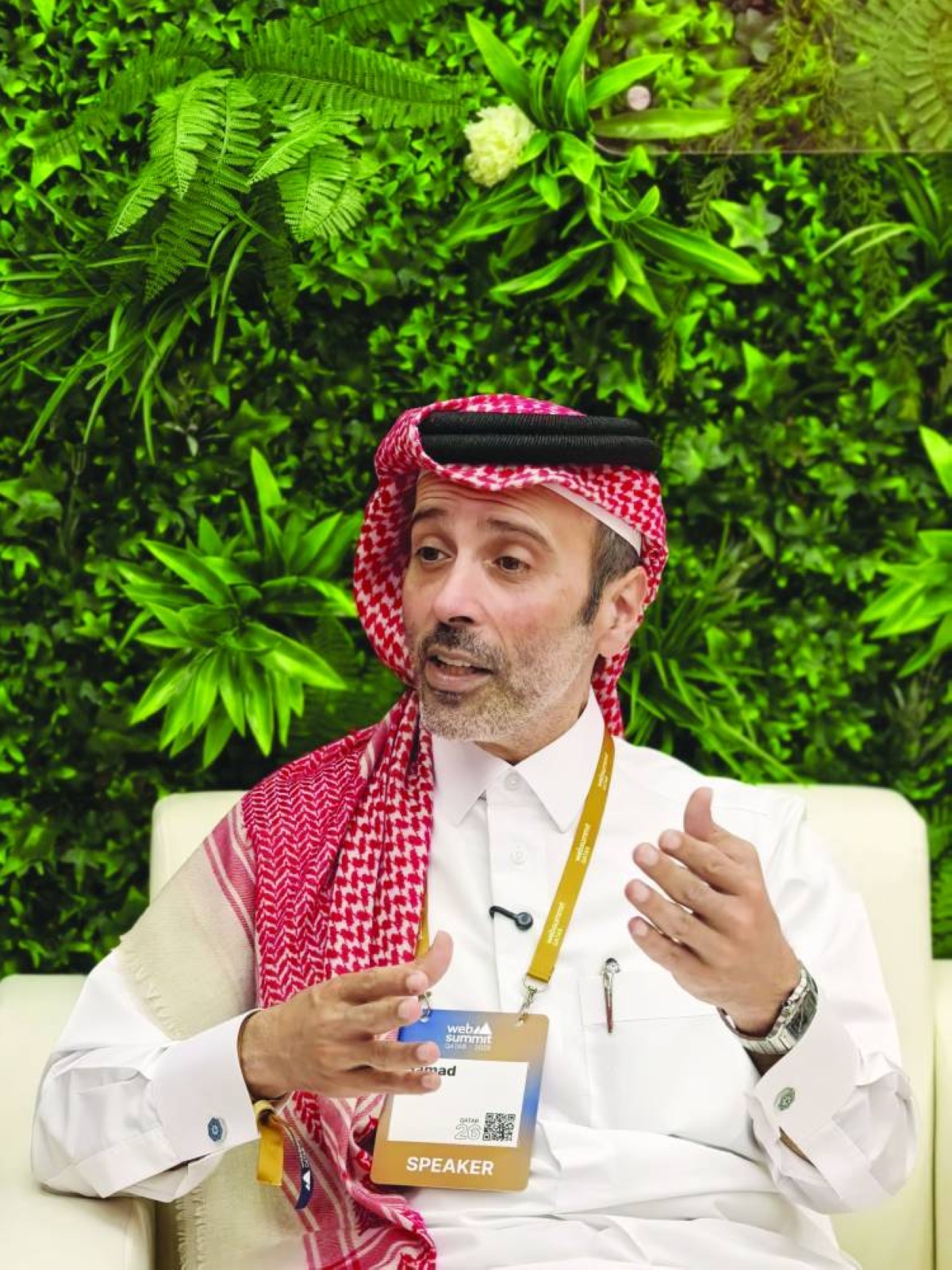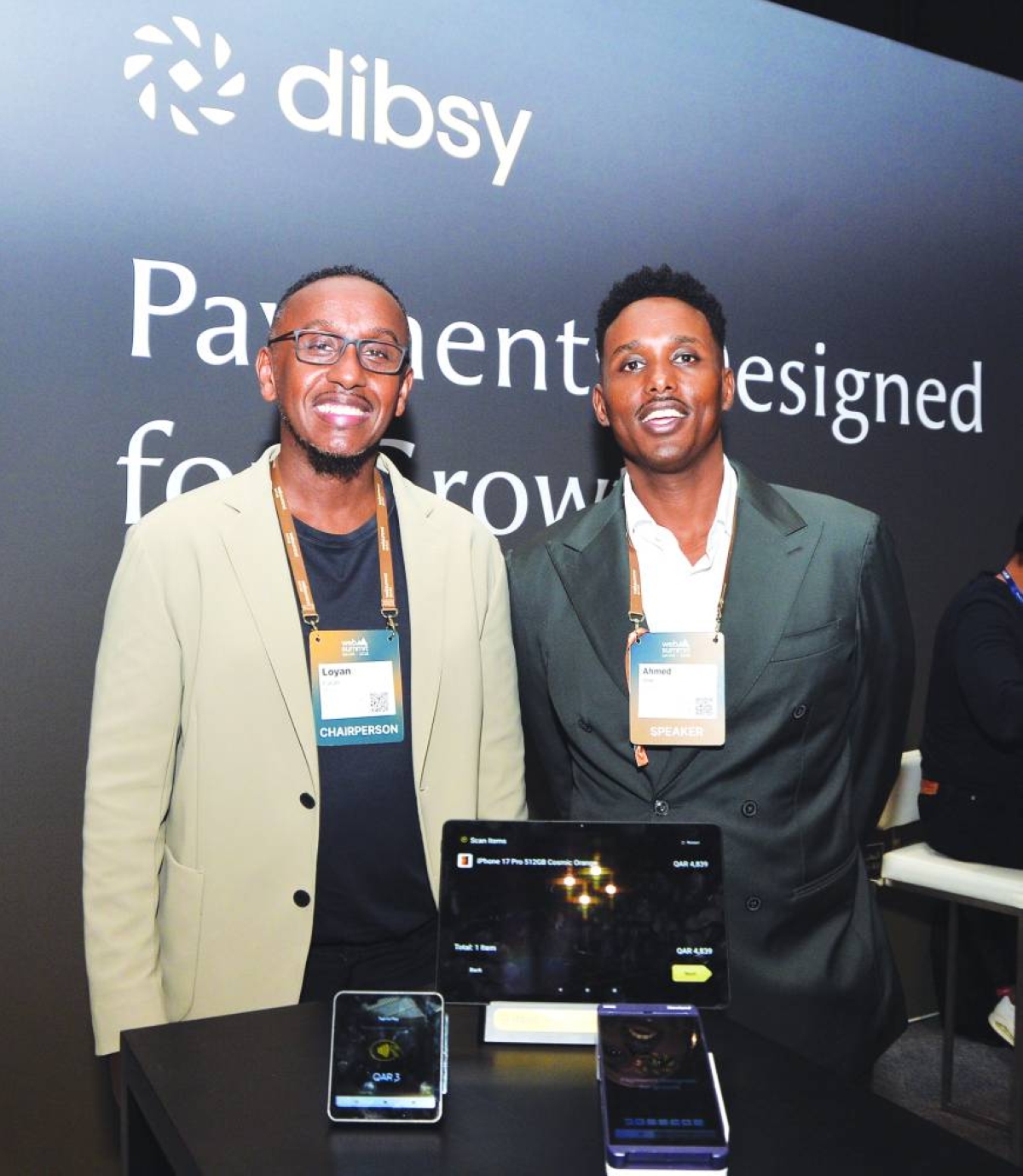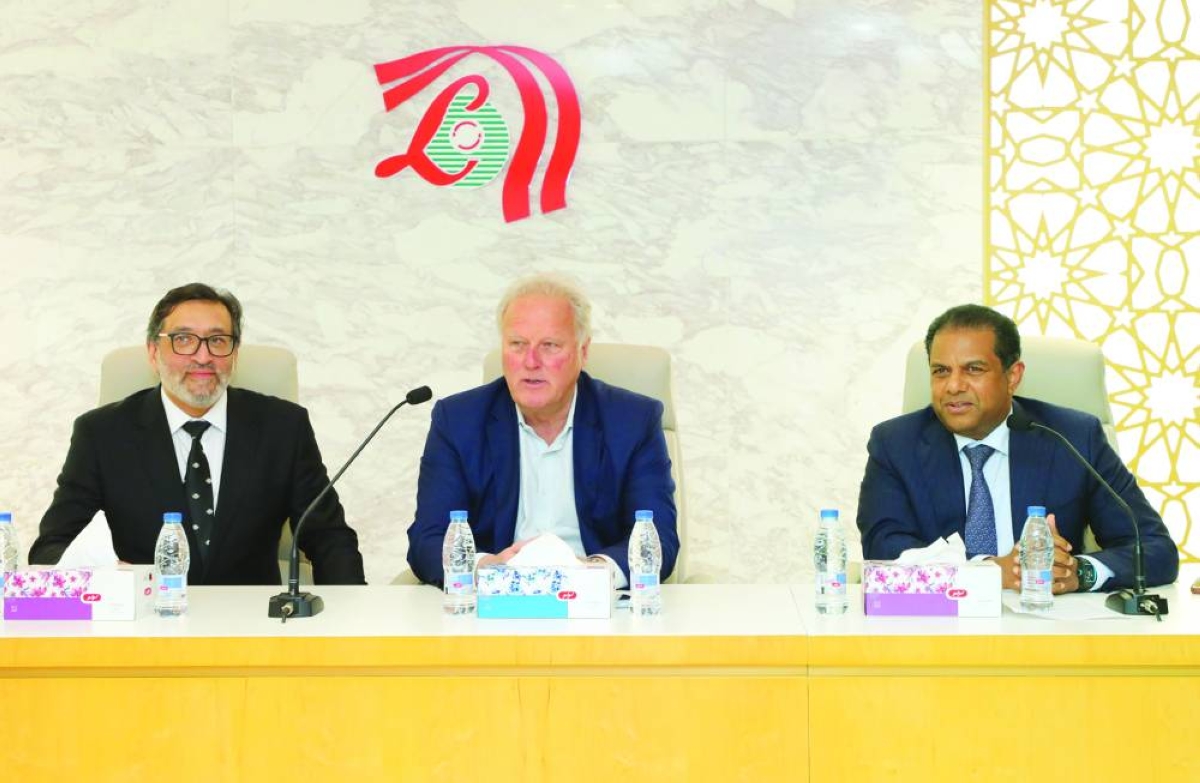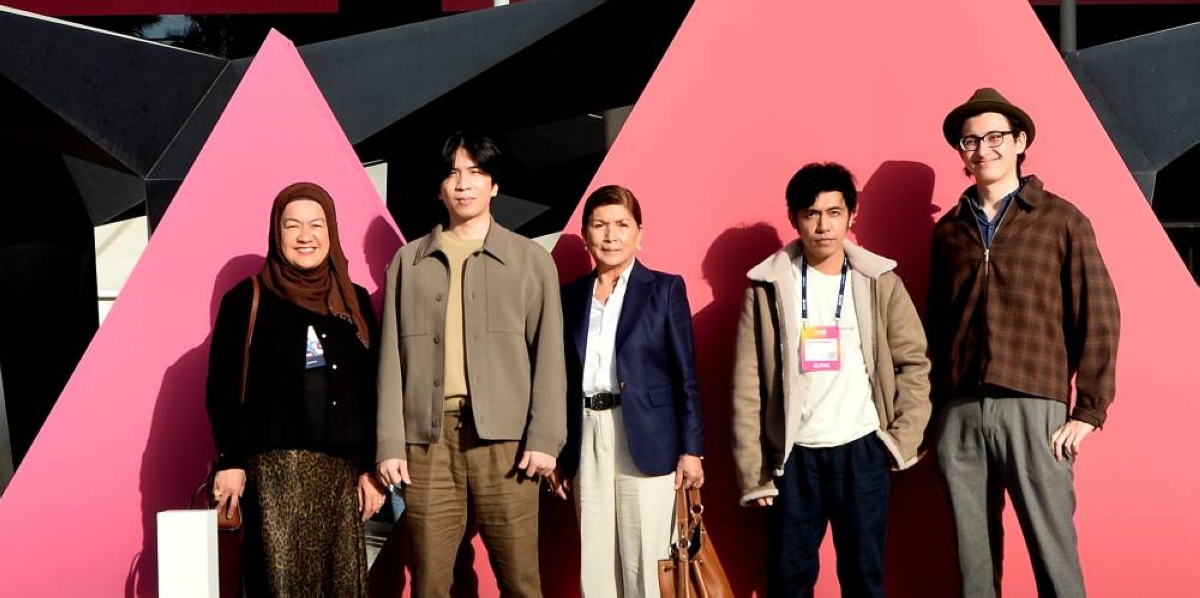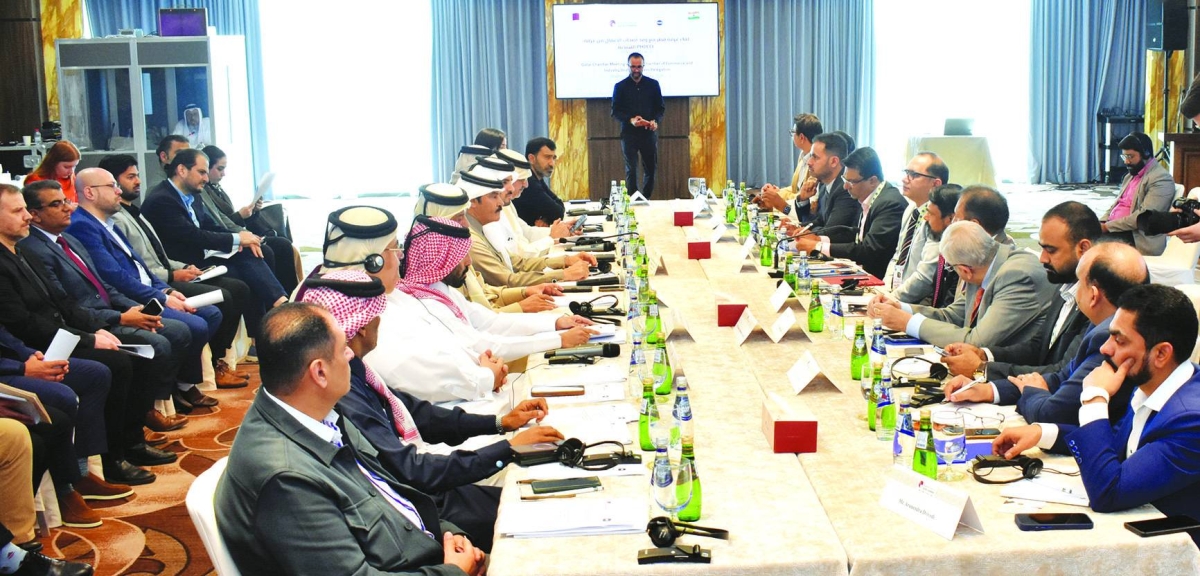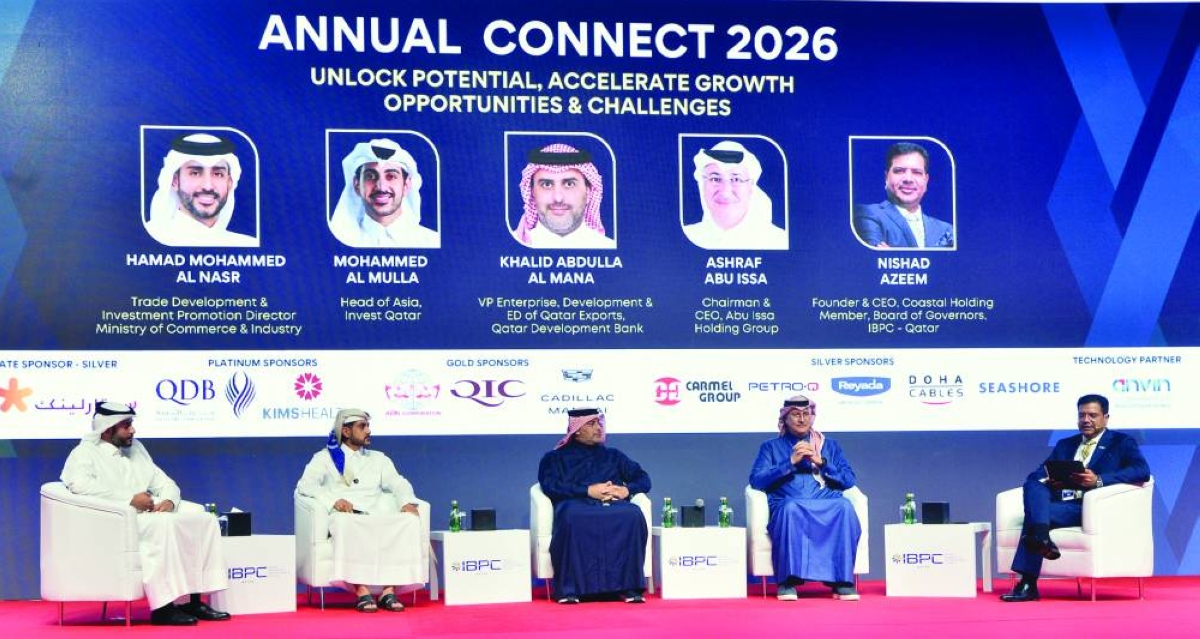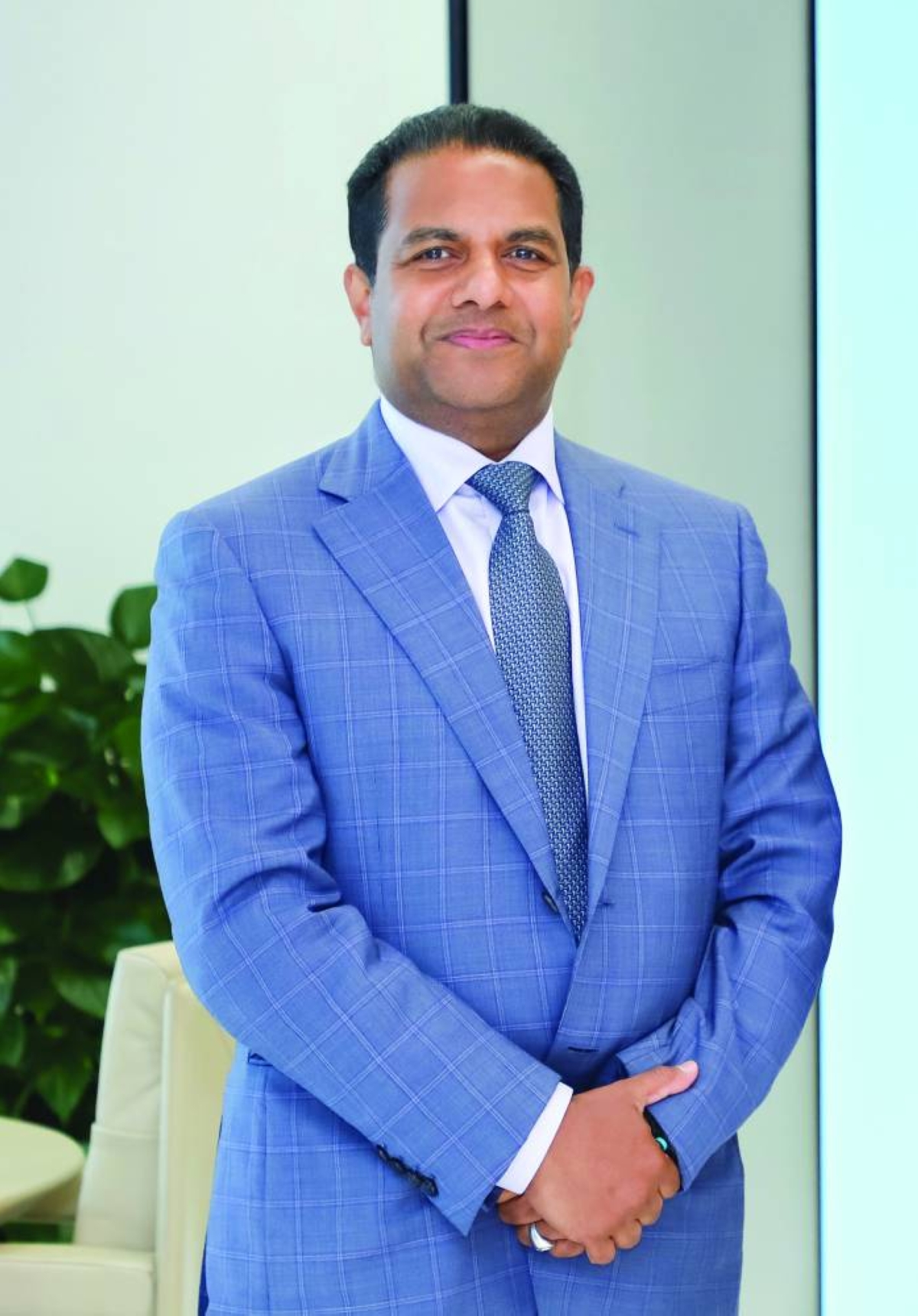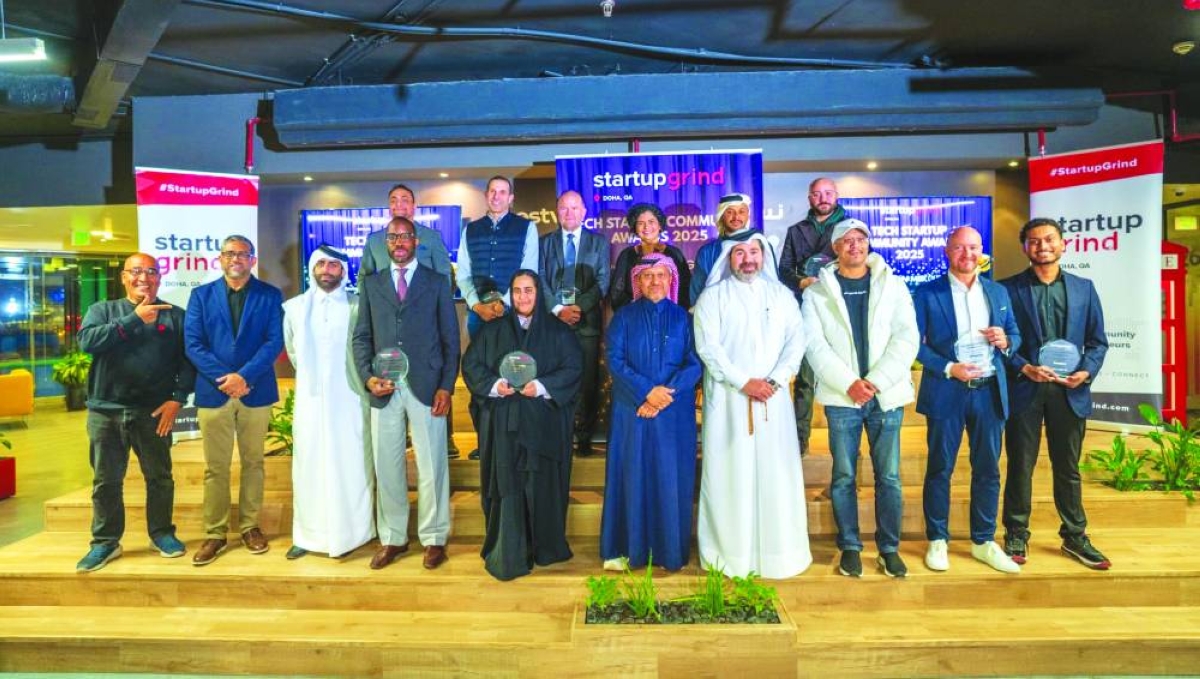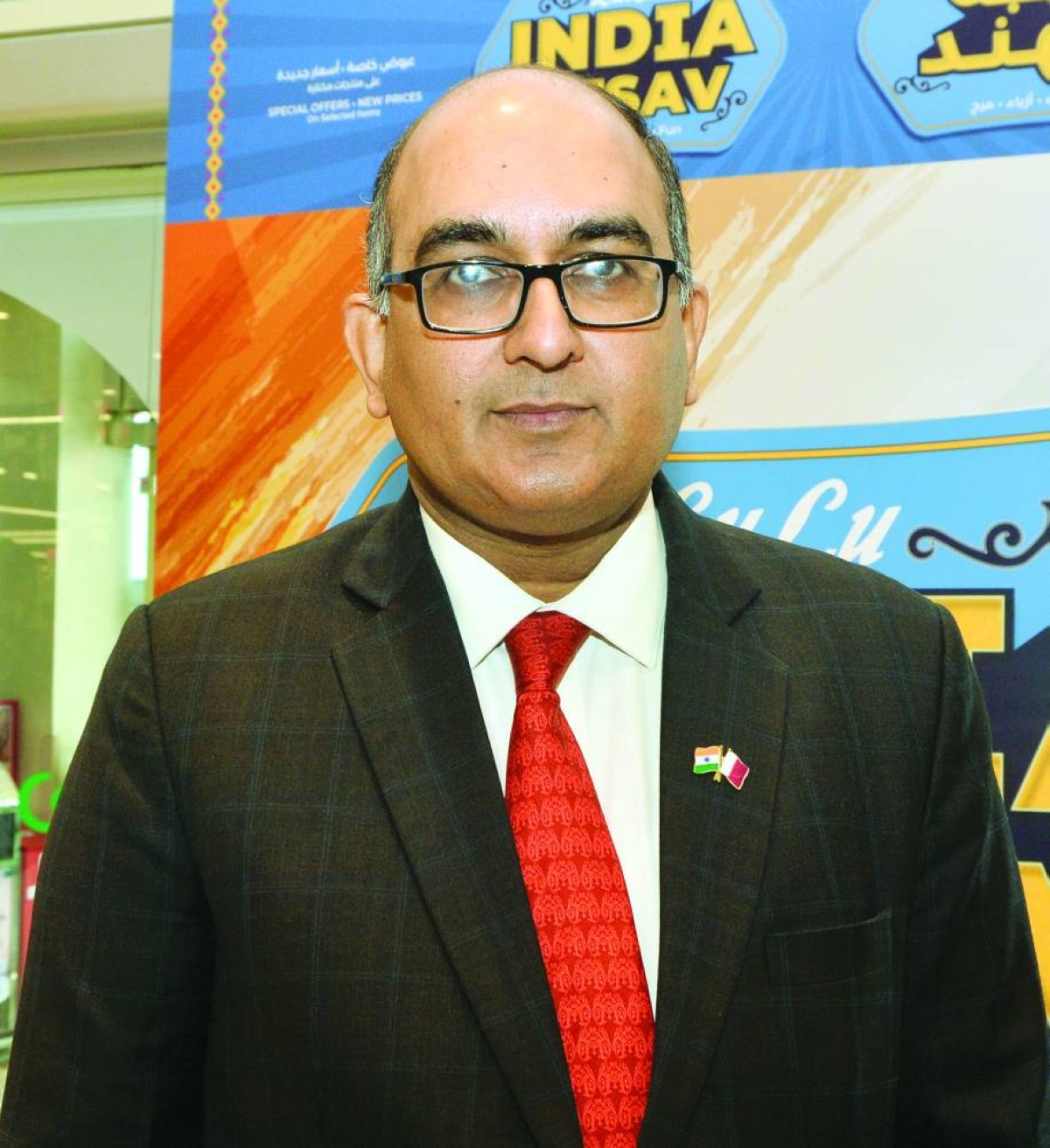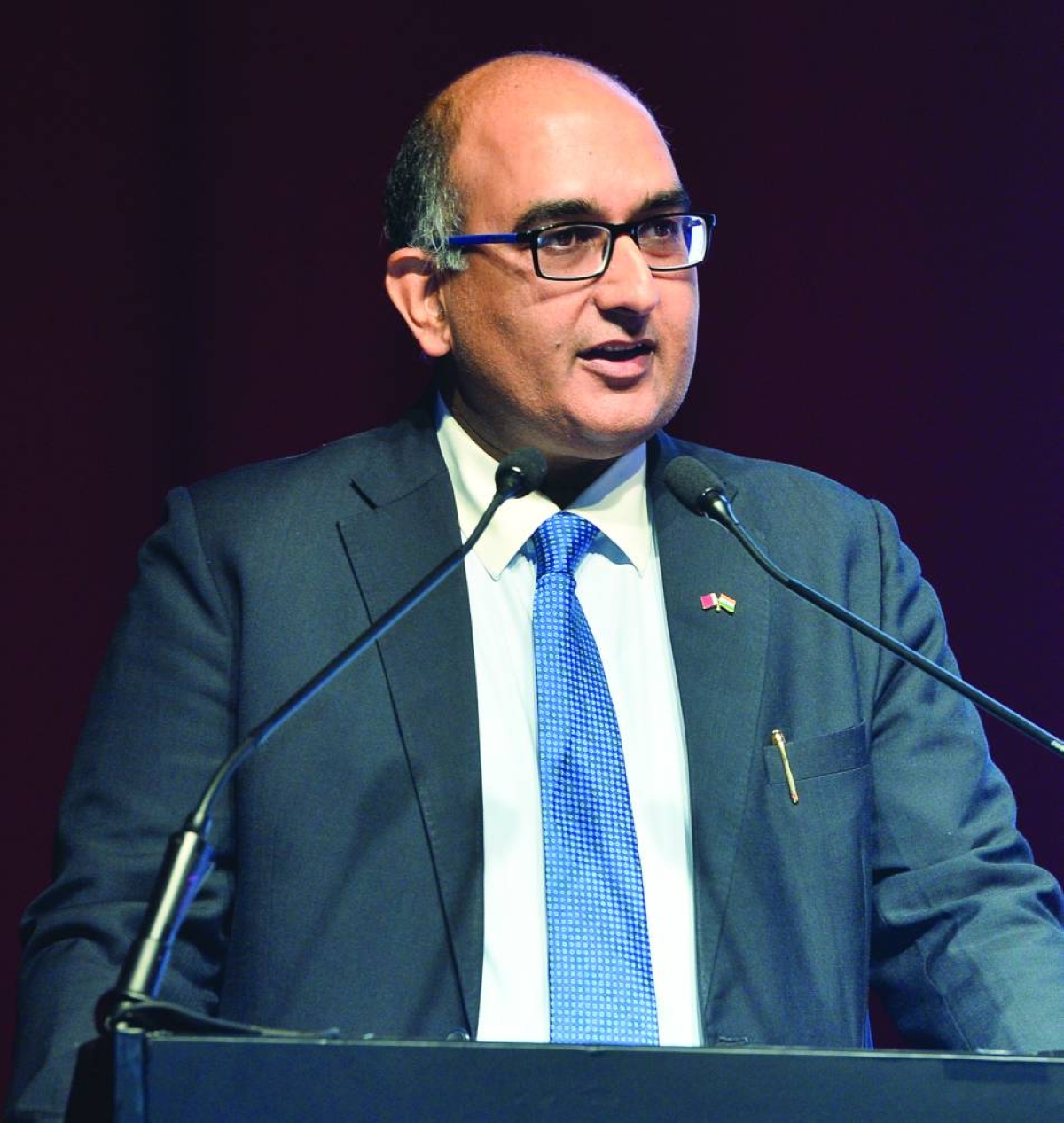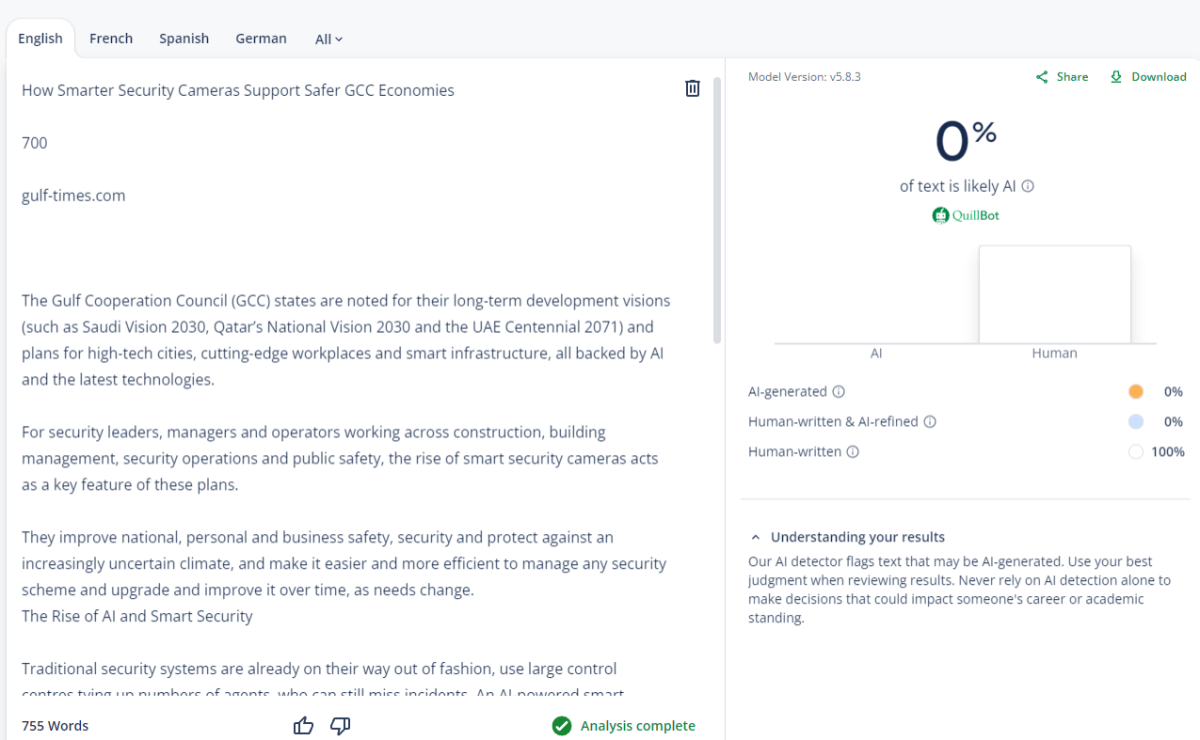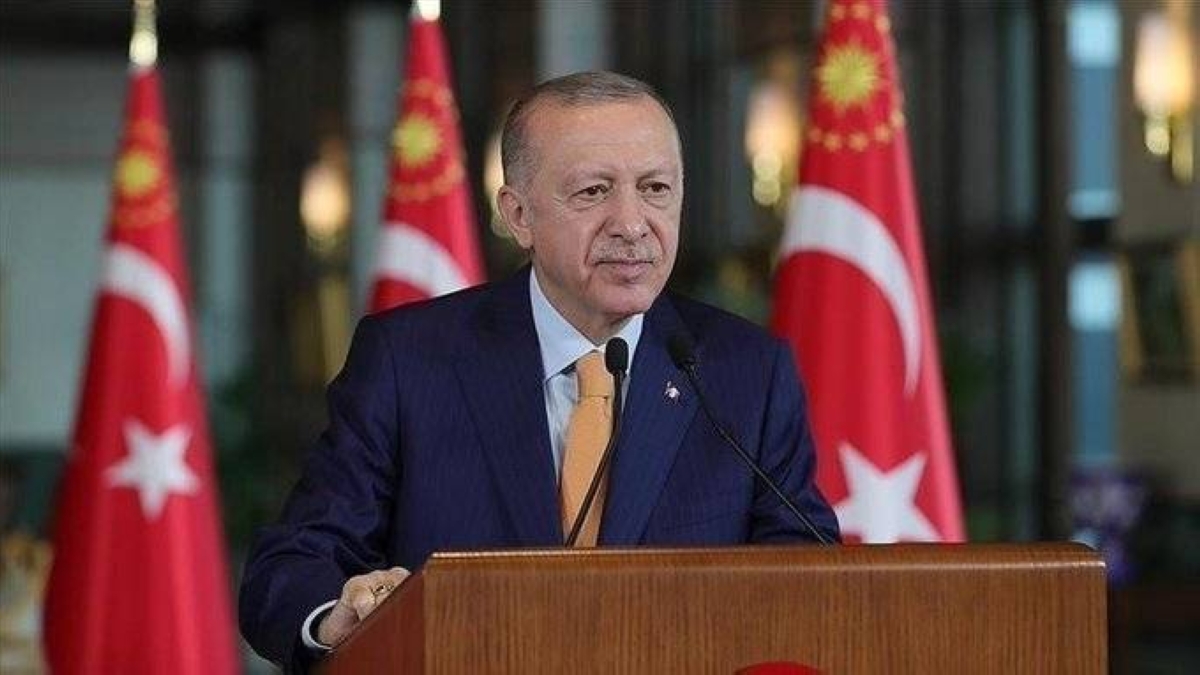The Philippines has urged Qatar to expand its partnerships with Filipino exporters, noting that while the country counts more than 1,200 food exporters, only 250 currently supply the GCC market.Speaking at the Doha leg of the Department of Trade and Industry’s (DTI) Outbound Business Matching Mission (OBMM) in the GCC during a B2B meeting with Qatar Chamber officials, Bianca Pearl R Sykimte, the director of the DTI’s Export Marketing Bureau (DTI-EMB), said this gap “represents a vast opportunity for diversification and growth.”“With more than 1,200 food exporters, the Philippines has significant capacity. Yet GCC buyers, including those in Qatar, have so far tapped only 250 of our exporters, showing the vast opportunity to expand partnerships and diversify product offerings,” Sykimte pointed out during a presentation at the B2B meeting.Sykimte stressed that Philippine products “are well-positioned” to meet Qatar’s evolving consumer preferences, from premium tropical flavours to halal-aligned botanicals. She emphasised that the country’s exporters can deliver both novelty and authenticity to a competitive market.“Philippine ingredients such as ube, coconut, calamansi, and mango deliver exactly what today’s Qatari consumers are looking for — novelty, authenticity, and a distinctive taste experience that sets products apart in a competitive market,” she emphasised.Highlighting consumer trends, Sykimte noted that Qatari shoppers are increasingly drawn to plant-based, gluten-free, and clean-label snacks, areas where Filipino coconut-based treats and calamansi beverages align perfectly. Tropical flavours such as ube and pandan are already gaining traction across the region, she noted.“Qatari shoppers are increasingly choosing plant-based, gluten-free, and clean-label snacks. Filipino coconut treats like chips, rolls, and fruit-based snacks align perfectly with these preferences...we are already seeing ube-based products gaining traction across the region, proving their commercial viability,” Sykimte further explained.Beyond food, Sykimte announced that the Philippines is also positioning its botanicals in Qatar’s personal care market, where consumers value natural, halal-aligned, and climate-suited solutions. Ingredients such as moringa, pili oil, and rice bran oil were cited as tailored to the needs of Qatari consumers, including scalp care and hydration in hot climates, she noted.“Qatari consumers have specific needs shaped by climate and lifestyle, including sensitivity concerns, scalp care for women wearing the hijab, brightening and anti-pigmentation, hydration, and sensorial fragrance experiences. Filipino botanicals address these priorities.“Pili oil is an emerging premium ingredient recognised for deep hydration and barrier repair. It’s sourced from the pili tree, which grows abundantly in the volcanic soils of the Bicol region in the Philippines,” Sykimte also explained.Citing trade figures, Sykimte noted that Philippine agri-food exports to Qatar reached “$22mn” in 2025, with bananas accounting for “21%” and sauces and condiments contributing "about 14.7%.”“We believe these numbers can grow significantly if Qatar taps into the wider exporter base,” stated Sykimte, who also urged Qatari buyers to look beyond traditional categories and embrace the Philippines’ diverse offerings in food and personal care.

Peter Alagos
Peter Alagos reports on Business and general news for Gulf Times. He is a Kapampangan journalist with a writing career of almost 30 years. His photographs have been published in several books, including a book on the 1991 Mt. Pinatubo eruption launched by former Philippine president Fidel V. Ramos. Peter has also taught journalism in two universities.
Most Read Stories


